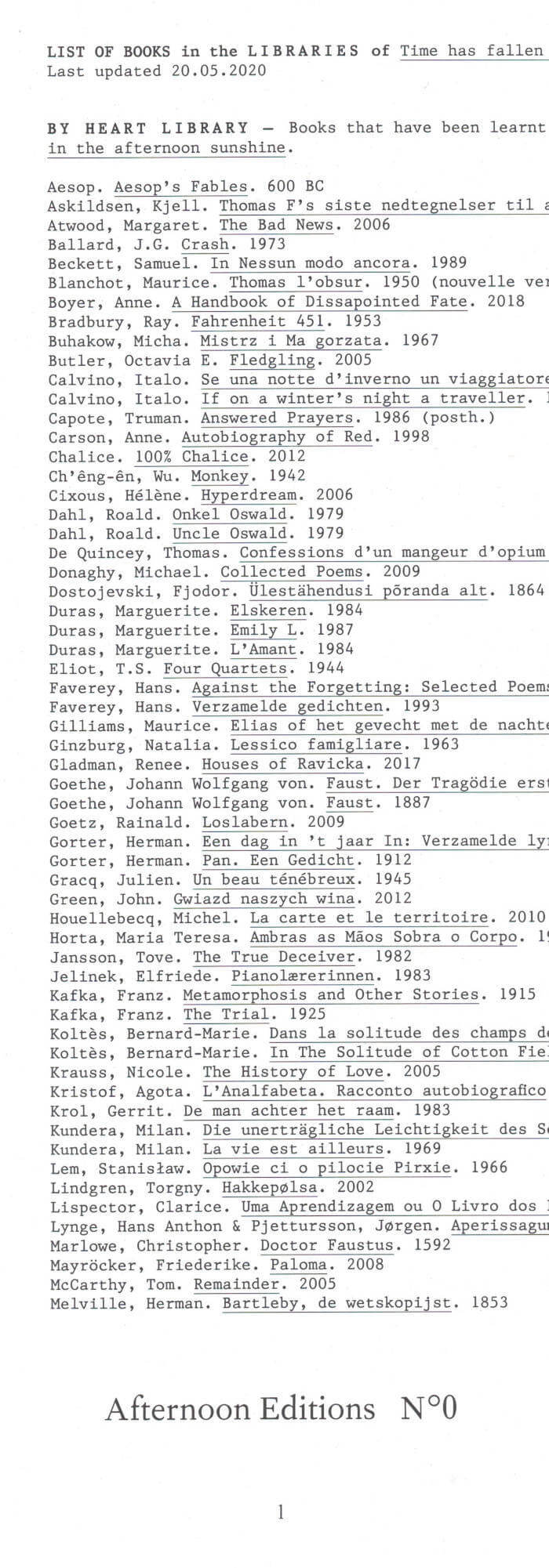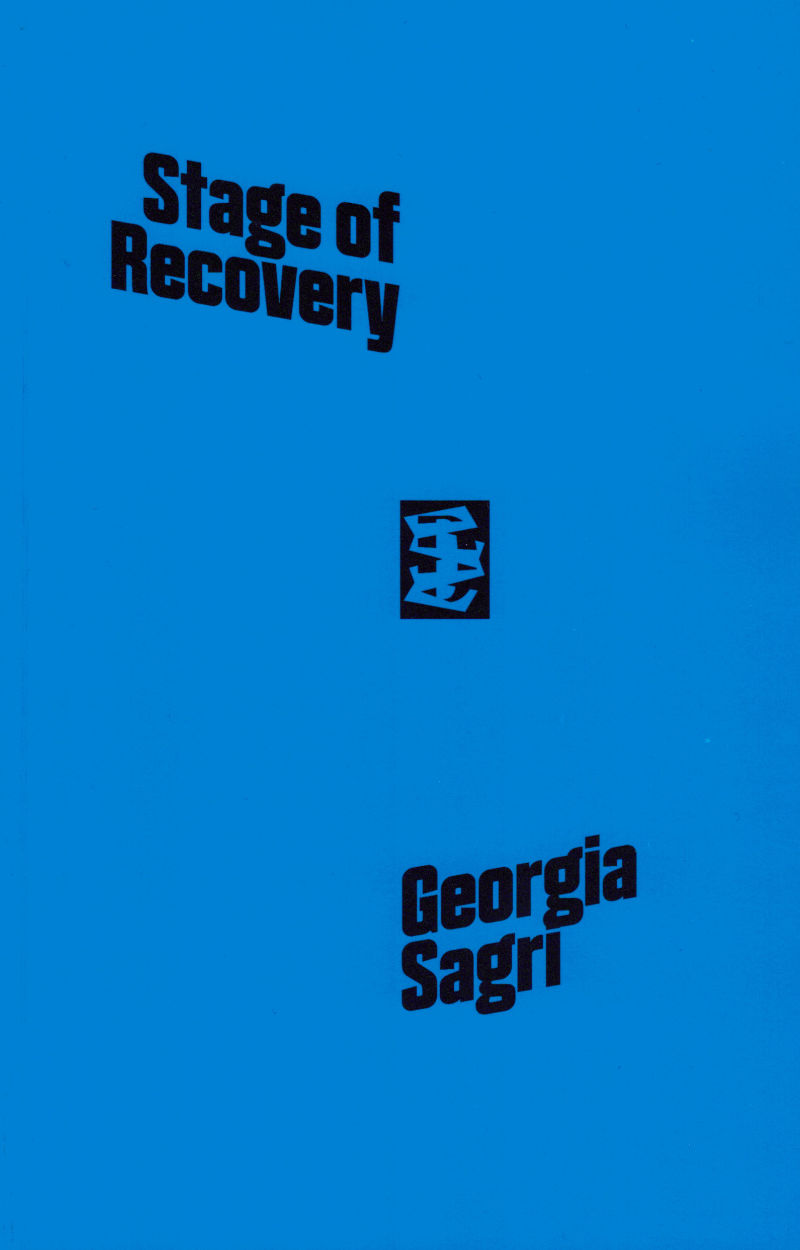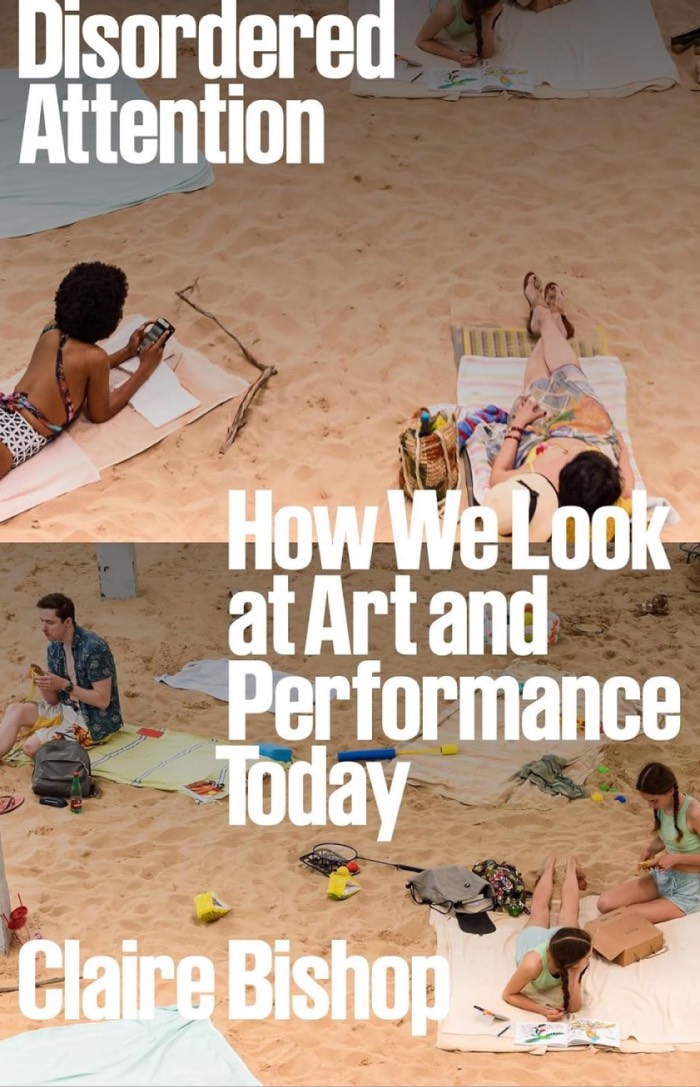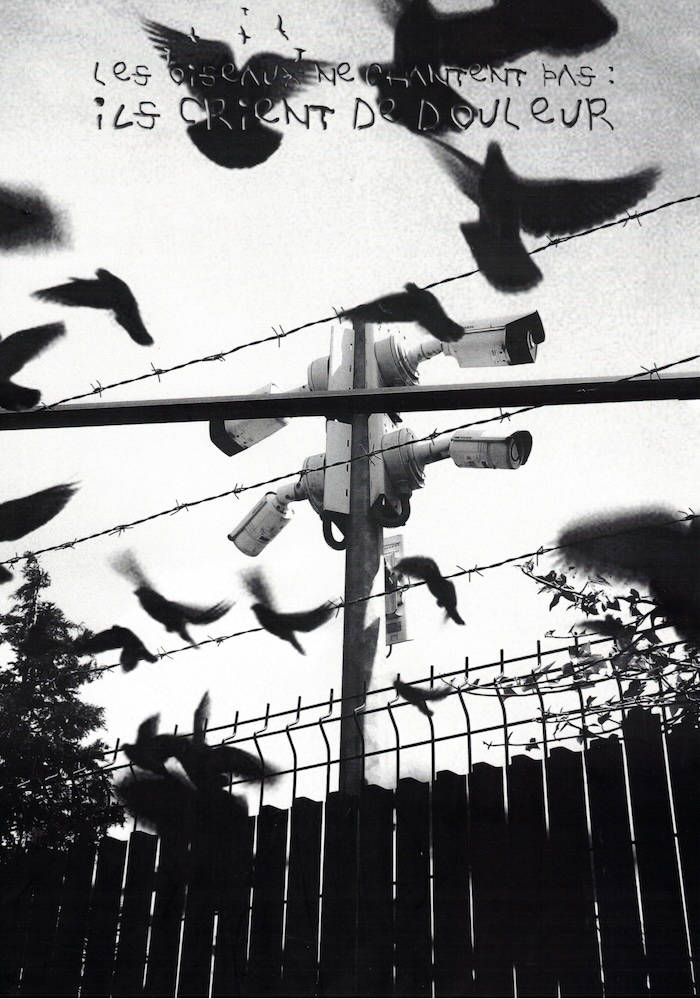
Afternoon Editions N°4: Certain Things
A day can be a composition not unlike an essay. Full of possibilities, full of limitations, bound by universal structures and marked by idiosyncratic desires. You go on walks. You read. You do your chores. All the while memory and other forms of imagination keep time with you. Books are strange companions; writing is a lonely thing rich with consolations.
Certain Things is a text by Claudia La Rocco, created with and through ideas such as these.
Published September 2022.







